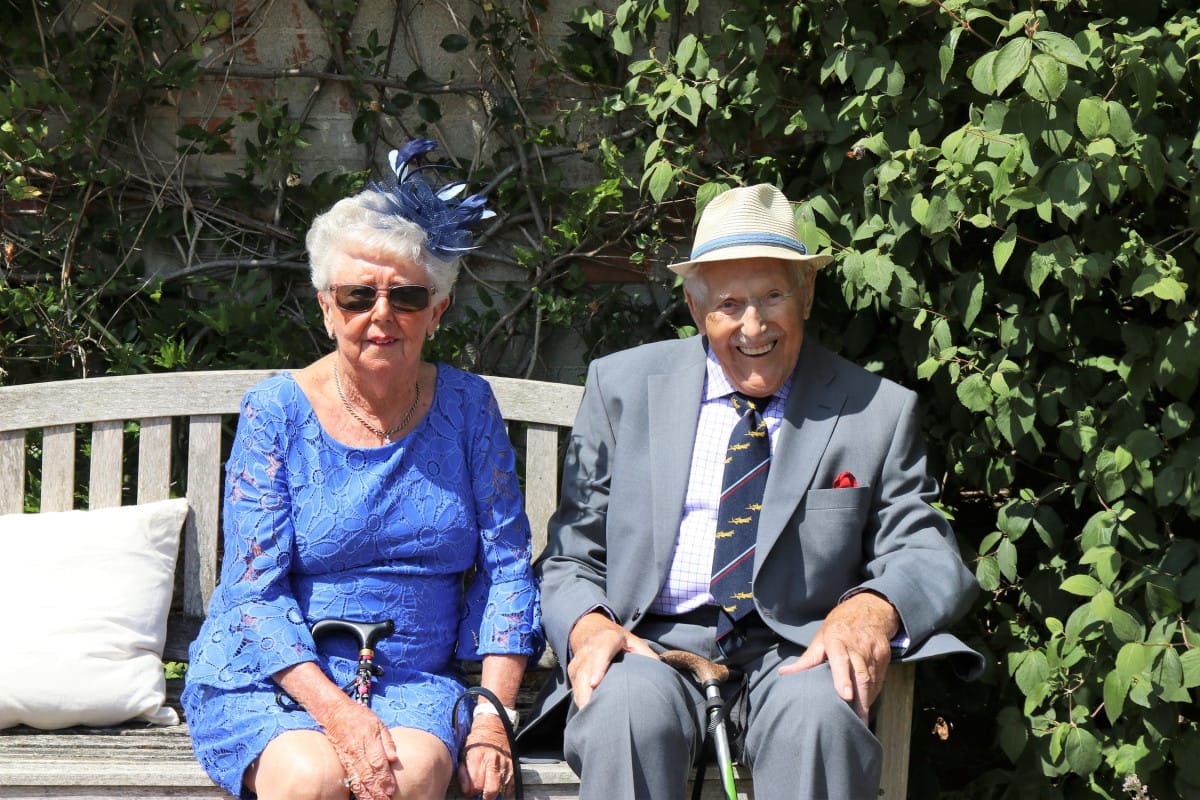On this page:

Who will look after your finances if you develop dementia and can no longer manage your affairs? Who do you trust to make financial decisions for you?
We all want to be financially comfortable in retirement. Yet many of us pay scant attention to planning for our later years. Retirement may seem a long way off or it may all seem too hard so we ignore the problem. But its never too late to take the time to start planning.
With people living longer, planning for a situation where you may be unable to manage your finances is becoming increasingly important. That’s why you should consider appointing an enduring attorney.
Enduring Power of Attorney in NSW
What is a Power of Attorney?
A Power of Attorney (POA) is a legal document in which you appoint a person you trust to act on your behalf to do certain financial things.
Usually your attorney can:
- open and close bank accounts,
- withdraw from and deposit into your account,
- pay all of your bills for you from your account,
- insure your personal assets,
- deal with Centrelink on your behalf, and
- sell, mortgage or lease your house (provided it is registered with NSW Land Registry Services) (LRS).
Who should I appoint?
You should appoint someone that you trust totally as your attorney is really a trustee for your finances.
Are there different kinds of power of attorney?
General Power of Attorney
This type only operates until you cancel the POA, or suffer loss of capacity, or pass away. A general POA is generally taken out to deal with specific situations.
Enduring Power of Attorney
This type continues to operate if you suffer loss of capacity. The following information is in relation to this type (an EPOA).
Why have a power of attorney?
What if there are disputes about financial decisions?
- you are not capable of managing your affairs;
- another person needs to manage your affairs; and
- it is in your best interests to make the Order.
How many attorneys can I appoint?
As many as you wish. If you appoint more than one, you must choose if they are to act:
- jointly (must act together), or
- severally (can only act separately), or
- jointly and severally (can act together or separately).
A joint appointment will terminate if:
- the appointment of one attorney is cancelled; or
- one attorney:-
- disclaims;
- dies;
- becomes bankrupt; or
- becomes physically or mentally incapable of acting as an attorney.
The POA is not terminated if an attorney is temporarily incapable of acting.
An EPOA can provide that if the appointment of one of the attorneys ends the others can continue to act.
When does the power of attorney start?
A POA starts operating only if the circumstances you specify in the POA arise.
It can start operating when for example:
- your attorney accepts their appointment; or
- a doctor writes that you require assistance; or
- your attorney considers that you require assistance.
What are my attorney's powers?
The Powers of Attorney Act 2003 sets out your attorney’s powers.
Generally your attorney is authorised to do anything you are lawfully authorised to do.
You may restrict the powers you give your attorney.
The powers and responsibilities you normally give your attorney include:
- keeping their assets separate from yours;
- maintaining accounting records of their dealings with your assets;
- avoiding any conflict between their duty to you and their own interests;
- obeying your instructions whilst you have capacity; and
- not making gifts or providing benefits to themselves or others unless specifically authorised by your POA.
You may authorise your attorney to use your funds to:-
- give gifts (which must be reasonable given the amount of your assets) seasonally or occasionally to close friends or relatives, or
- make donations that you would normally make; or
- pay for reasonable living and medical expenses for themselves or others .
What decisions can't my attorney make?
Your attorney can not:
- Make a will for you;
- vote for you;
- consent to your marriage;
- manage your personal and lifestyle affairs or consent to medical or dental treatment on you (which is the responsibility of an enduring guardian).
Do I need to register my power of attorney?
Can I cancel my power of attorney?
What's the difference between a power of attorney and an appointment of enduring guardian?
You may appoint someone to be your enduring guardian in the event that you lose capacity and become incapable of managing your person. Your guardian can:
- consent to medical and dental treatment on you;
- decide where you live; and
- decide what personal and health services you receive.
You can include in such an appointment directions as to end of life matters.
An appointment of enduring guardian (AEG) starts operating only after you suffer loss of capacity (e.g. if you suffer from dementia or are in a coma).
Although your attorney and your guardian carry out different functions and deal with different aspects of your welfare, their relationship is intimately linked because lifestyle decisions and financial decisions affect each other.
If you are contemplating appointing different people as your attorney and guardian, you should consider their compatibility before making an appointment.
Where to now?
Your lawyer will prepare a legal document signed by you and the person you wish to appoint as your attorney. Your signature must be witnessed by a prescribed witness such as a lawyer, a Registrar of the Local Court or a Licensed Conveyancer. Justices of the Peace are not prescribed witnesses.
Contact us for free telephone advice and to professionally draft your POA.




